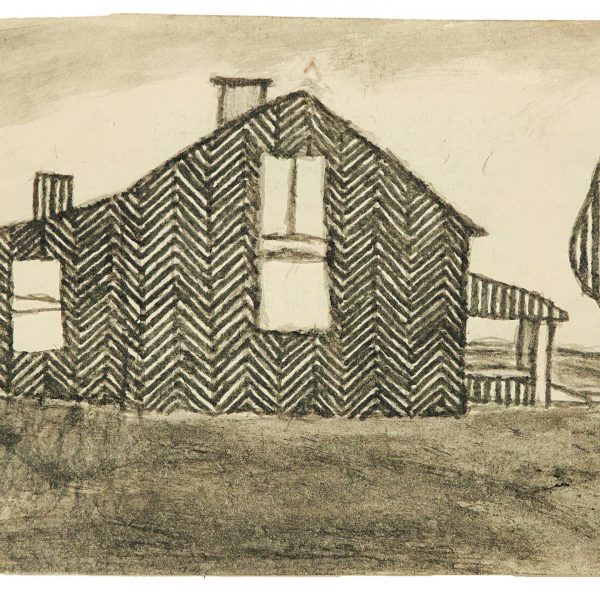An Interview with Janet Malcolm on Iphigenia in Forest Hills

Photograph Credit: Nina Subin
An interview with Janet Malcolm is a rare thing. Nevertheless, as a seasoned journalist, she knows the special value of the exchange, as James Atlas expressed in this past Sunday’s New York Times op-ed titled, “The Art of the Interview”, covering Malcolm’s “Art of Nonfiction” interview with Katie Roiphe in the Spring issue of the Paris Review. Malcolm’s latest book, Iphigenia in Forest Hills: Anatomy of a Murder Trial, recounts the sensational murder trial of Mazoltuv Borukhova, a young physician in Queens convicted in 2009 for arranging the public assassination of her husband in front of their four-year-old daughter. Unlike her previous books on court cases, Malcolm attended the trial and, discovering the elements of a modern-day Greek tragedy, interviewed the cast of characters to produce a gripping narrative of true crime. We sat down with the author for special insight into her experiences observing the court drama and writing this fascinating account.
Yale University Press: Your New Yorker piece about this trial created quite a sensation. Why do you suppose people are so passionate about this particular story?
Janet Malcolm: The story has a deep mythic structure. It evokes Greek tragedy—thus its title. It is also a piece of reporting and a critique of our court system. I think readers were shocked by the injustices that my account of the trial brought into view.
YUP: The piece dominated an entire issue of the magazine. How does the book compare to it?
JM: The book is an expanded account, including a visit to Rikers Island, where the defendants Mazoltuv Borukhova and Mikhail Mallayev were incarcerated for over a year in very bad conditions; additional interviews at home with the victim’s parents and brothers; interviews with the defense and prosecution attorneys; a discussion of the work of Martin Guggenheim, an expert on children’s legal rights; and reports of post-trial hearings in Family Court at which the fate of Michelle Malakov—the Iphigenia of the story—was being decided.
YUP: What was it like to inhabit the world of this trial for so many months?
JM: It was an extraordinary experience. It was one of the most absorbing experiences of my life as a journalist. It was like being part of a theater troupe that is performing a play with a long run. The analogy isn’t an idle one–there is a great deal of theater in every trial. This one had particularly strong performances from its leading actors.
YUP: An extraordinary depth of feeling for Borukhova and her child comes through your account. Would you comment on this?
JM: It was clear to me that Borukhova passionately loved her child and that the prosecuting attorney was right to point to the decision that took her child away from her as the fulcrum of the tragedy. This is an element of the case that readers of the New Yorker article reacted to with particular horror and outrage.
 Janet Malcolm is the author of Two Lives: Gertrude and Alice, which won the PEN Biography Award, The Journalist and the Murderer, The Silent Woman: Sylvia Plath and Ted Hughes, Reading Chekhov, Burdock, and other distinguished books. Malcolm writes frequently for the New Yorker and the New York Review of Books and lives in New York City. Iphigenia in Forest Hills: Anatomy of a Murder Trial is available now from Yale University Press.
Janet Malcolm is the author of Two Lives: Gertrude and Alice, which won the PEN Biography Award, The Journalist and the Murderer, The Silent Woman: Sylvia Plath and Ted Hughes, Reading Chekhov, Burdock, and other distinguished books. Malcolm writes frequently for the New Yorker and the New York Review of Books and lives in New York City. Iphigenia in Forest Hills: Anatomy of a Murder Trial is available now from Yale University Press.

























